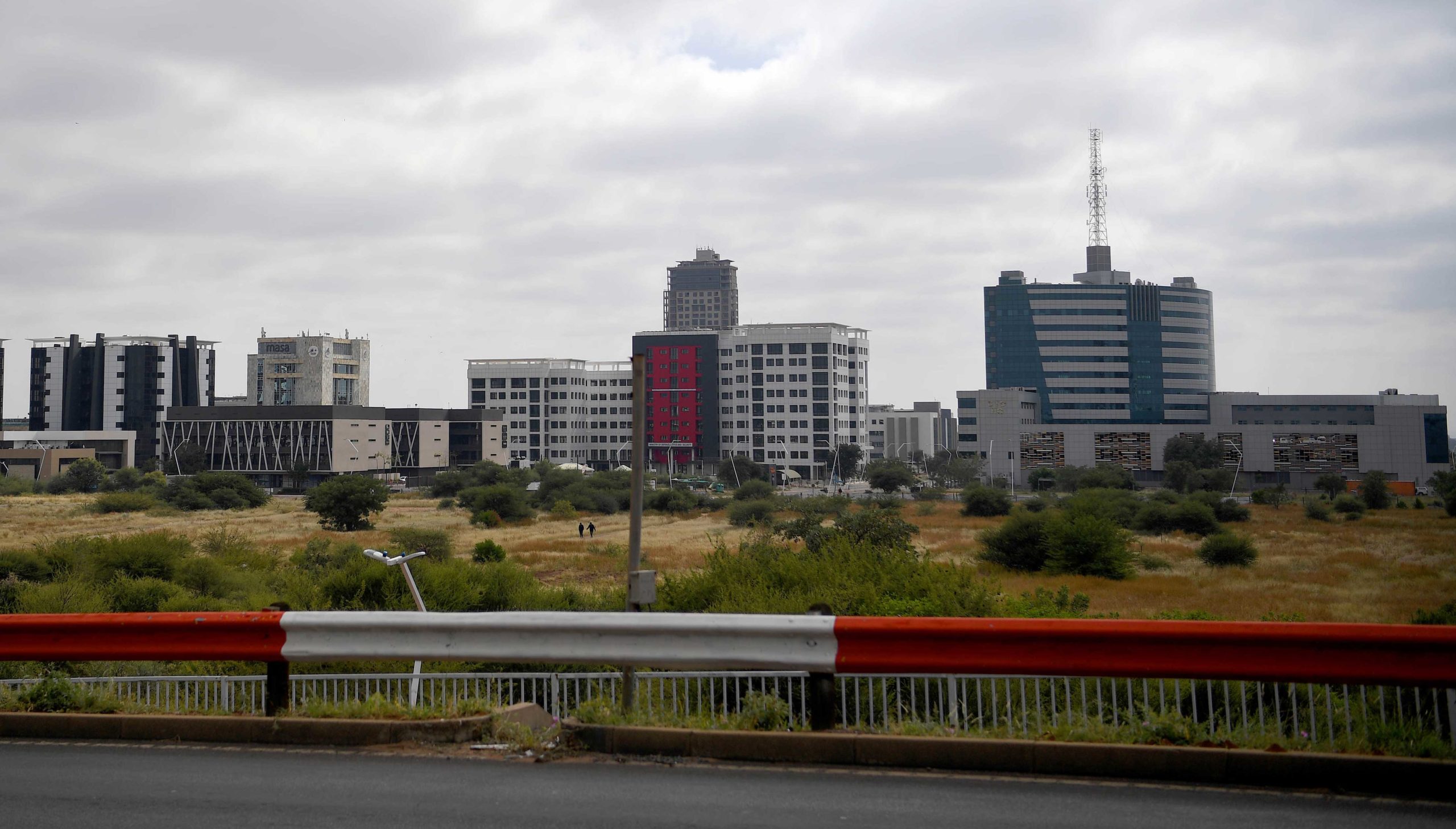It is almost unanimous among theorists and specialists in the different areas that affect the human life, as members of a society, in affirming that nothing will be as before.
However, from now on, it is no longer possible to show, with sure, what will be implanted in the relationships between people. Everything now is mere speculation. One of the factors for this to occur is that there was not enough time to carry out the studies that can prove the implementation, continuity, adequacy and / or exclusion of a certain behavior.
In the search for survival, companies reacted very quickly to the condition imposed by the pandemic. In fact, this is being a major factor for companies to continue operating: adapting to new times, making profound changes in their operation, in extremely short terms, without prior planning and with the minimum chance of errors. A difficult task, but it has been carried out with a certain degree of success. Possibly at some point, the managers thought: “I don’t know what to do”.
“We live in an environment of radical uncertainty. Modernity is so complex that we don’t understand it, and so we need to learn through experience, through trial and error “. Who recently said this, already in the pandemic period, was Sir Paul Collier who is a professor of economics and public policy at Oxford University and who is among the most well-known development economists in the world. When he talks about learning and trial and error, it’s clear that he doesn’t know either. And this does not create a lack of credibility in their professional performance.
In fact, few time ago, the professional who stated that he did not know something, had his technical capacity questioned. Currently, in such a complex world and due to this same complexity, and used reasonably, the “I don’t know” no longer has this negative aspect. After all, if you should know that is expected that in 2020, 350 zettabytes of data, or 35 trillion gigabytes, will be generated. Even considering that all these data are not used in a generalized way, do you do understand now why it is not possible for a professional to know everything?
Note that I used the term reasonably, because this does not give the professional the right to use this expression in an ordinary way, as not having the necessary knowledge to develop his activities will compromise his image and reputation. And know: it is not this type of professionals that companies (if you are an employee) or customers (if you are an entrepreneur) are in need.
And how long will last this condition of using “I don’t know” ? Sincerely, I don’t know.
Odilon Medeiros – Master in Administration, Specialist in Organizational Psychology, Coach, Post-graduate in Team Management, MBA in Sales, consultant and speaker. www.odilonmedeiros.com.br / E-mail: om@odilonmedeiros.com.br

